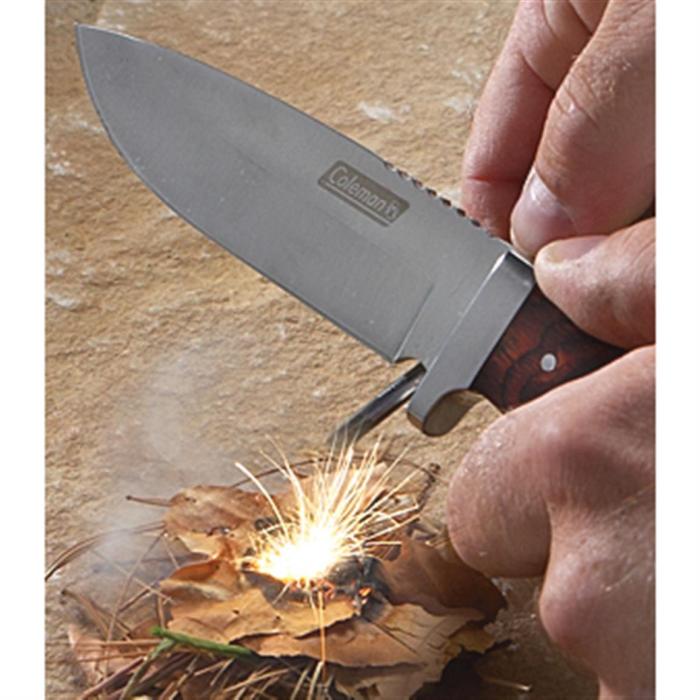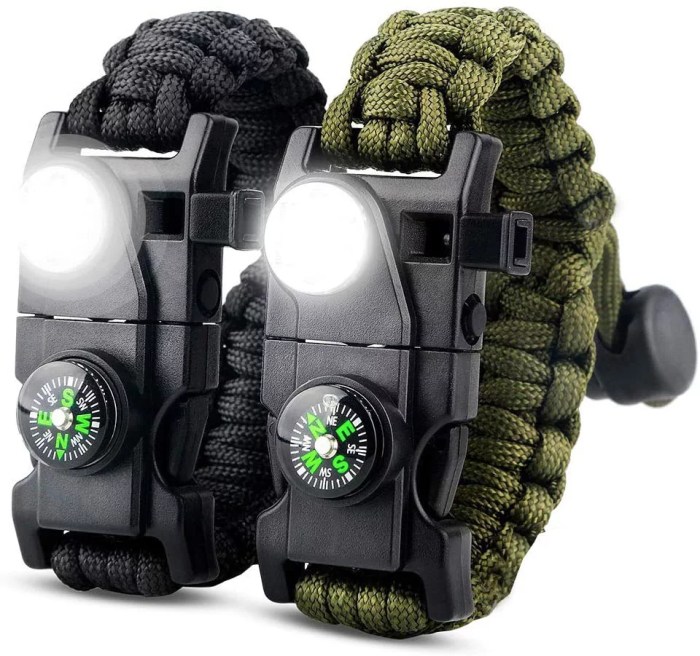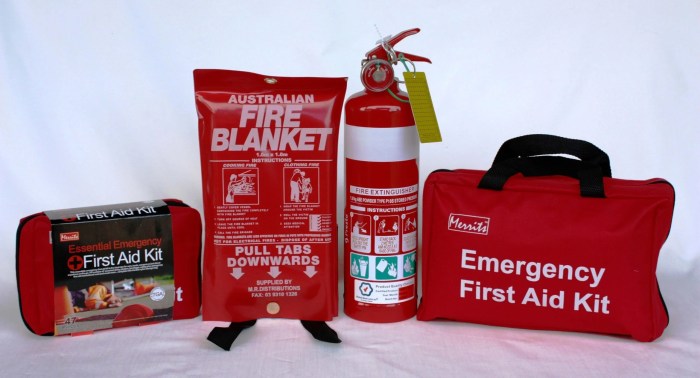What should every prepared hunter carry for outdoor emergencies? This question is paramount for ensuring safety and survival in the wilderness. Embark on a comprehensive exploration of the essential gear that every hunter should possess to navigate unexpected situations with confidence and preparedness.
From first-aid kits and navigation aids to shelter and signaling devices, this guide delves into the crucial elements that can make all the difference in an emergency. Whether you’re a seasoned hunter or embarking on your first expedition, this invaluable information will empower you to venture into the great outdoors with peace of mind.
Essential Gear

Every prepared hunter should carry essential gear for outdoor emergencies. This includes a first-aid kit, essential tools, and navigation aids.
First-Aid Kit
- Antiseptic wipes
- Bandages in various sizes
- Gauze pads
- Antibiotic ointment
- Pain relievers
Essential Tools
- Multi-tool with pliers, knife, saw, and other tools
- Sharp knife
- Fire starter
- Whistle
Navigation Aids
- Compass
- Map
- GPS device
Shelter and Warmth
Shelter and warmth are crucial for survival in outdoor emergencies. Hunters should carry a tarp or emergency shelter, insulation, and a means to create a fire.
Tarp or Emergency Shelter
A tarp or emergency shelter provides protection from the elements, such as rain, wind, and snow.
Insulation
Insulation prevents hypothermia by trapping body heat. Suitable materials include blankets, sleeping bags, and reflective blankets.
Fire
A fire provides warmth and can be used for cooking and signaling. Use dry tinder, kindling, and fuelwood to build a fire safely.
Water and Nutrition
Staying hydrated and well-nourished is essential for outdoor survival. Hunters should carry sufficient water and non-perishable food items.
Water
Carry at least 2 liters of water per day. Consider carrying a water purification system to treat water from natural sources.
Non-Perishable Food Items, What should every prepared hunter carry for outdoor emergencies
- Energy bars
- Trail mix
- Jerky
- Canned tuna or salmon
Signaling and Communication

Signaling and communication devices are crucial for attracting attention and seeking help in emergencies.
Whistle or Signaling Device
A whistle or signaling device can be used to attract attention from a distance.
Mirror or Reflective Material
A mirror or reflective material can be used to signal over long distances, especially in sunny conditions.
Personal Locator Beacon or Satellite Communicator
A personal locator beacon or satellite communicator can be used to send an emergency signal and provide location information.
Hygiene and Sanitation

Maintaining hygiene in outdoor environments is important for preventing illness and discomfort.
Hygiene Items
- Hand sanitizer
- Toilet paper
- Wipes
Waste Disposal
Properly dispose of waste by carrying a portable toilet or using a “cathole” method. Follow Leave No Trace ethics to minimize impact on the environment.
FAQ Corner: What Should Every Prepared Hunter Carry For Outdoor Emergencies
What is the most important item to carry in an emergency?
A first-aid kit is the most important item to carry in an emergency as it provides essential medical supplies for treating injuries and illnesses.
How much water should I carry per day?
A minimum of 2 liters of water per day is recommended to stay hydrated in most conditions. However, factors such as temperature, humidity, and activity level may require more.
What is the best way to purify water in the wilderness?
Boiling water for at least one minute is the most effective way to purify water in the wilderness, as it kills bacteria and other microorganisms.